How I became a storyteller II
Some people believe that storytelling is a gift – that some are born with it while others are not. But speaking from experience, I can tell you that nothing could be further from the truth. In this second of three posts, I share my story of how I learned storytelling. For part I, click here.
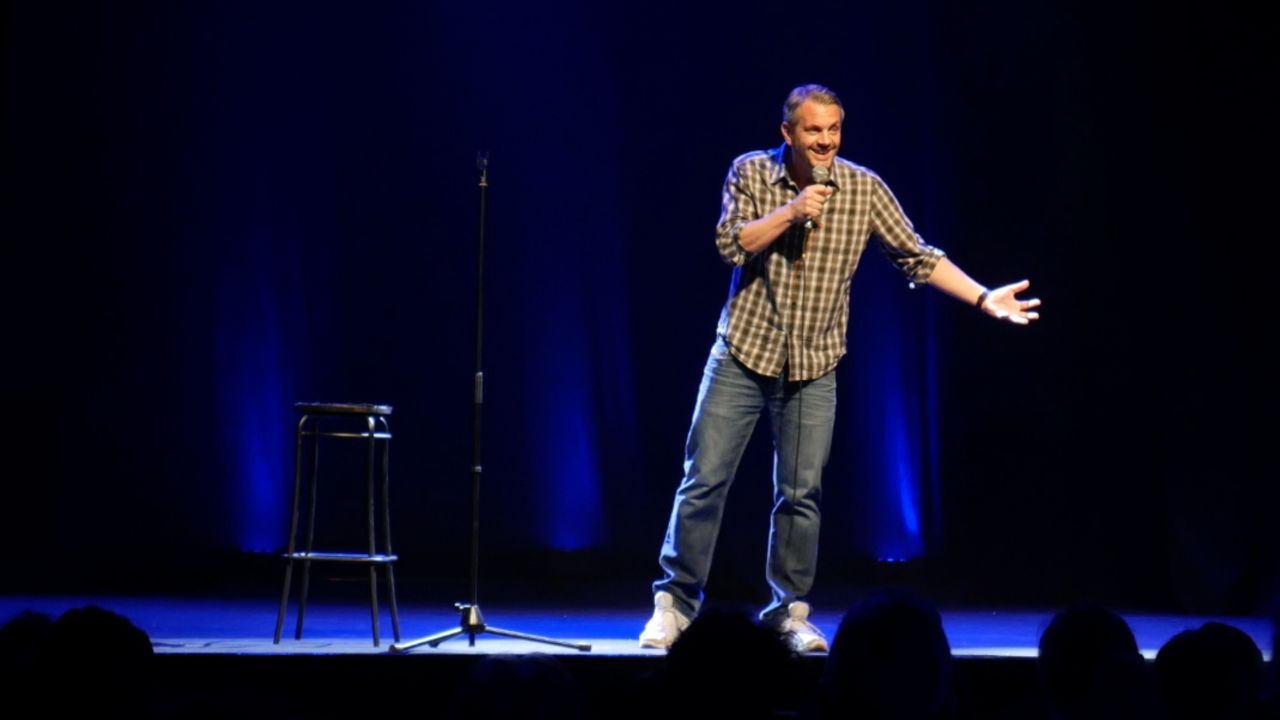
When I was around 14 years old, I secretly wanted to be a comedian. This was the UK in the 1980s, when stand-up comedy had entered an exciting new era. I was inspired by young, innovative performers like Ben Elton, Stephen Fry, Hugh Laurie, Victoria Wood and, of course, the slightly older Billy Connolly, whose comedy albums regularly got played in our Scottish household.
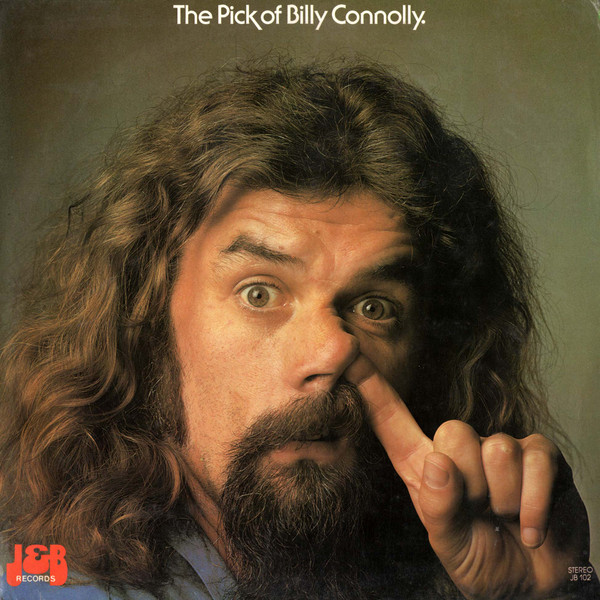
I had a little notebook where I obsessively wrote down all my joke ideas. But I told no one. Society was much more reserved back then, and I was terrified of the ridicule I might face if people discovered my ambition. My insecurity ran so deep that when my mum found my notebook one day and innocently asked what it was, I snatched it from her hands, insisted it was private and later destroyed it.
Just like that, my comedy dreams went up in flames.
Any lingering desires I had to be a comedian were finally extinguished 14 years later. While working as a musician on a ferry crossing between Hull and Bruges (see part I here), I attempted to tell my audience a funny story. It was not well received and I bombed (= failed in comedy terms). From that moment, I realised that my destiny lay elsewhere – with music, I guessed.
I had actually taken my own electric piano onto the ship. This allowed me to practise during the day and learn more songs for the night. Combined with the three hours and 45 minutes of performance required each evening, this turned out to be more than my arms could bear – and the unfortunate result was repetitive strain injury.
It was bad news: the doctor ordered me to leave the ship and give up playing for at least six months. Fortunately, the ferry company was very understanding and allowed me to disembark while the ship was in dock rather than at sea.
(That was a joke.)
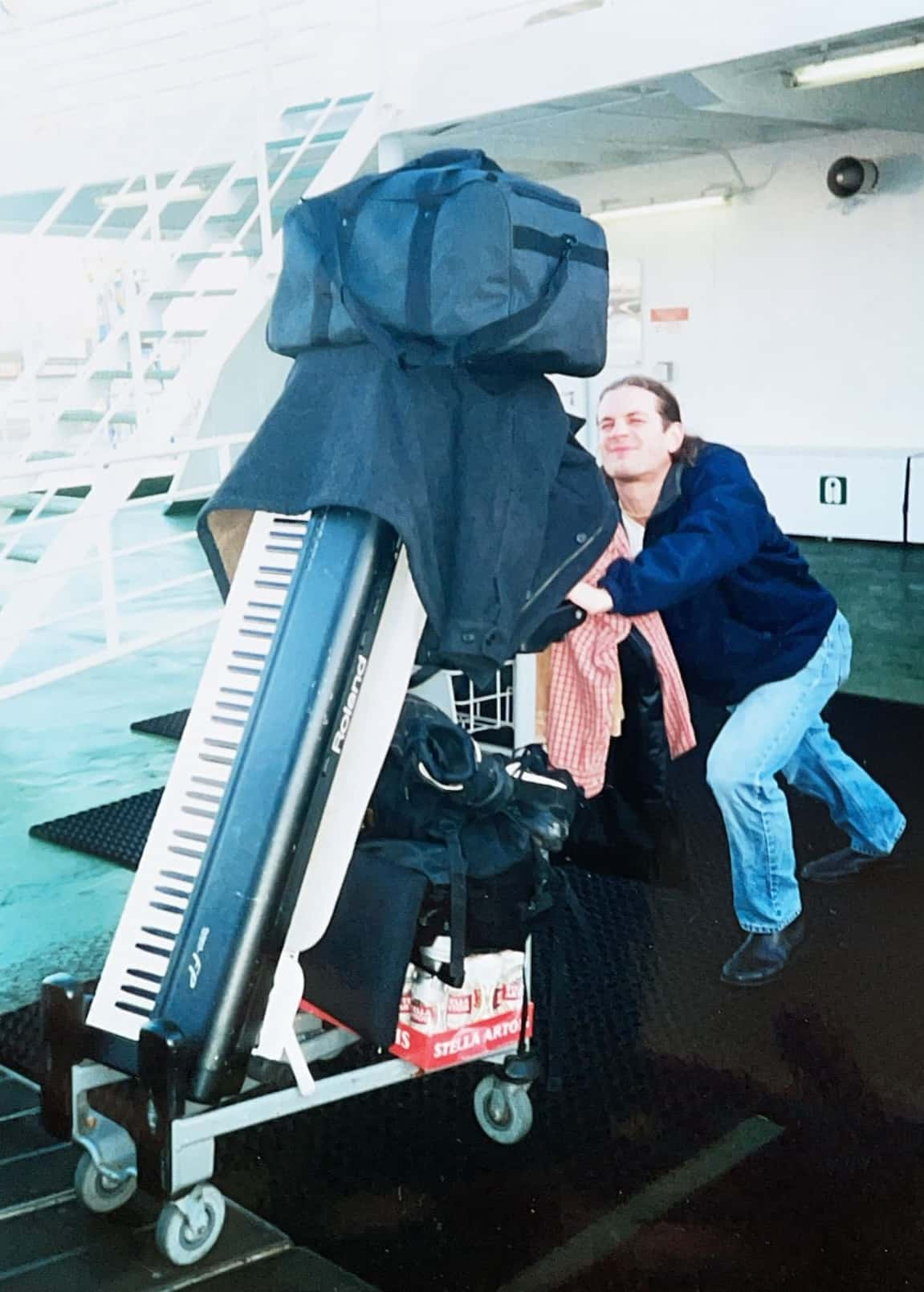
This is me leaving the ship.
I don't know why I look so happy.
Perhaps it has something to do with the crate
of Belgian beer at the bottom of my trolley.
I returned to my parents’ home in Scotland and spent the summer moping around the house and generally feeling sorry for myself. After a few weeks of this, my mum suggested that I go to Barcelona and ‘do one of those TEFL courses’. (Teaching English as a Foreign Language.)
So that’s what I did. And 20 years later, I’m still here.
I didn’t turn my back on the piano – not immediately. But gradually, my passion and focus started to shift from music to teaching.
Now, at this stage, you might be wondering, ‘OK, so how did you learn storytelling?’
Well, I’ve just told you: I became a teacher.
I’ll admit it – there's a bit more to it than that and I'll explain in part III (coming next).
But my question is: Why doesn’t teaching naturally lead to storytelling for every educator? All of the best teachers I had were storytellers. Of all the resources, materials and tools at a teacher’s disposal, stories are the most fundamental, versatile and effective. Storytelling is a core function of language – and yet, in language teaching, it’s often treated as niche.
Following the COVID lockdowns of 2020, I decided to try stand-up comedy for the first time. There’s a pretty active scene here in Barcelona, and it wasn’t difficult to get onto a few open mics.
After much hard work, I managed to put together a 60-minute show. And in 2023, I was able to fulfil my 14-year-old dream of performing at the Edinburgh Fringe Festival.
It was an incredible experience – and one of these days, I’ll tell you what I think teachers could learn from doing stand-up comedy.
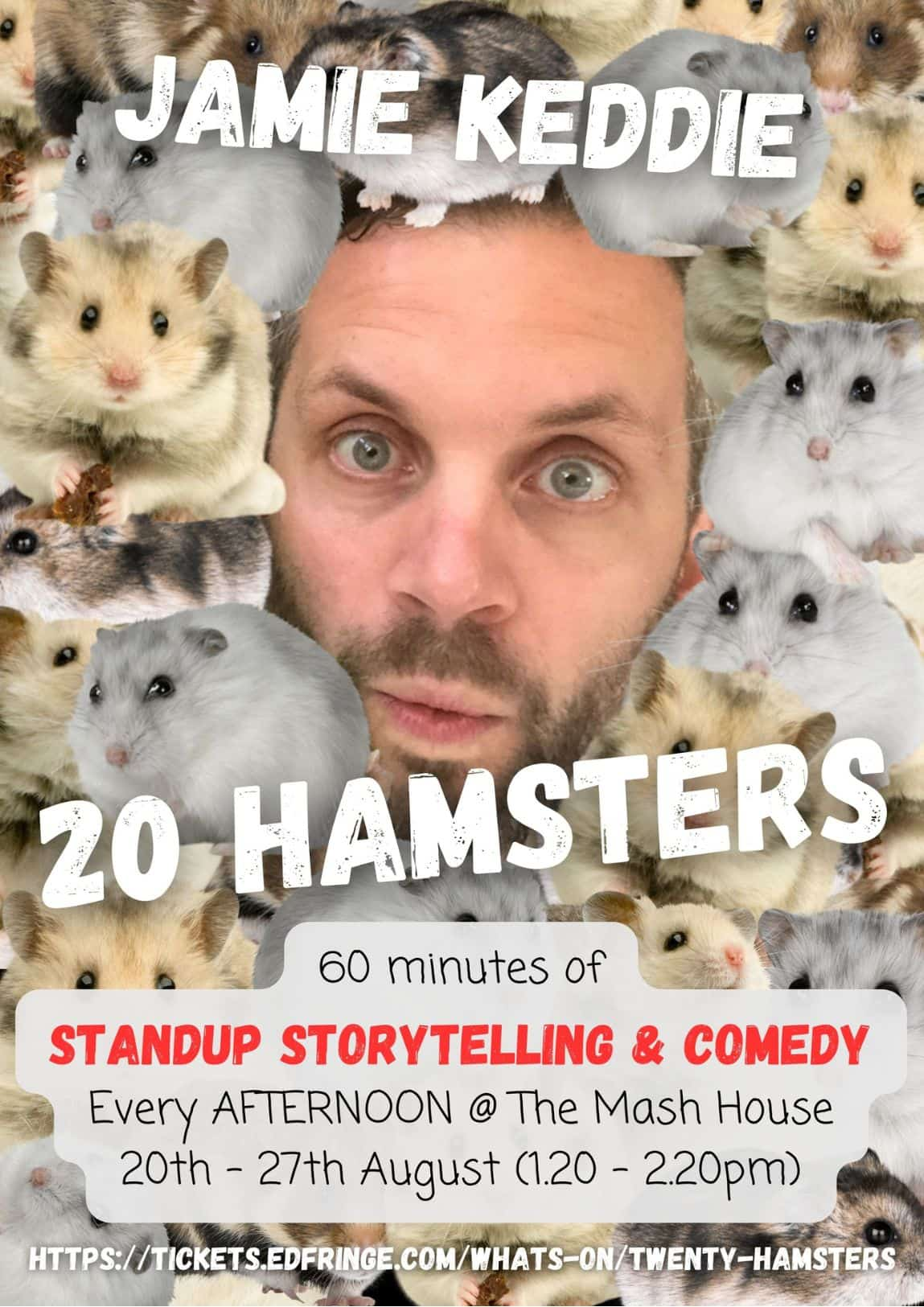
Look out for my third and final post next week.
LessonStream Videotelling
I believe that when we embrace storytelling, we develop as teachers, communicators and human beings.
If that’s something you’re interested in, check out my new course: LessonStream Videotelling. It would be great to have you on board 🚢

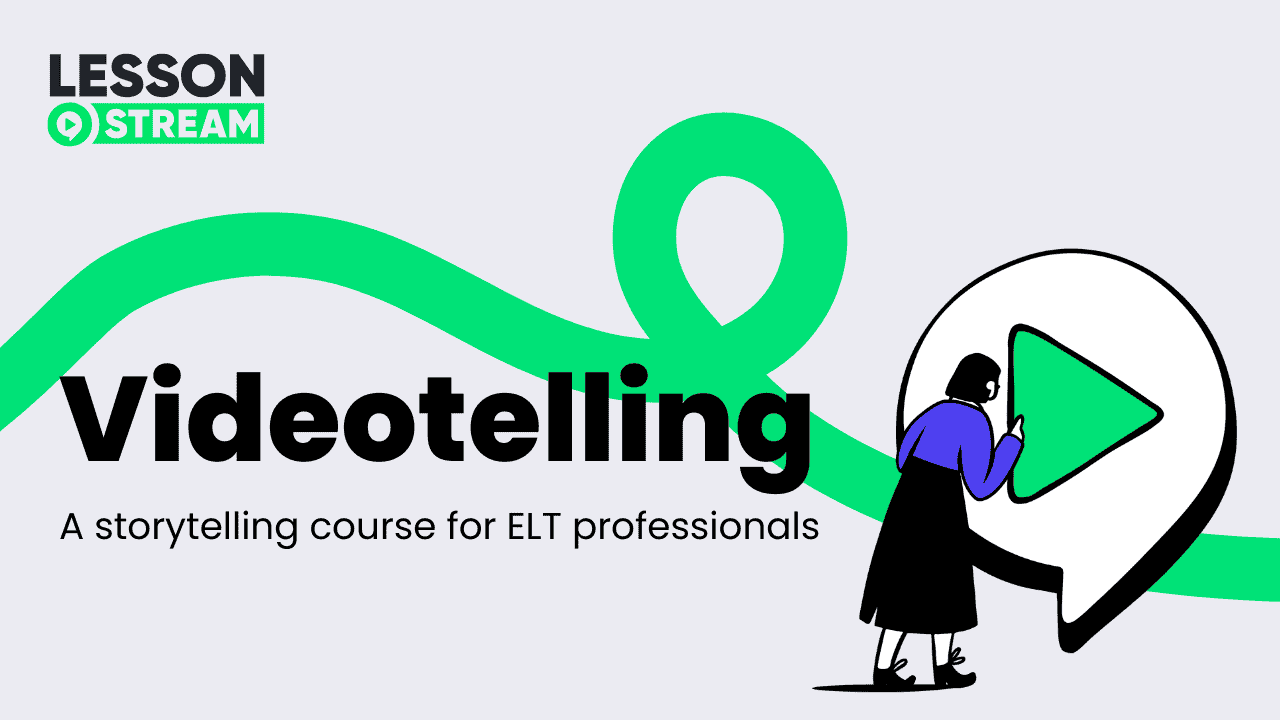
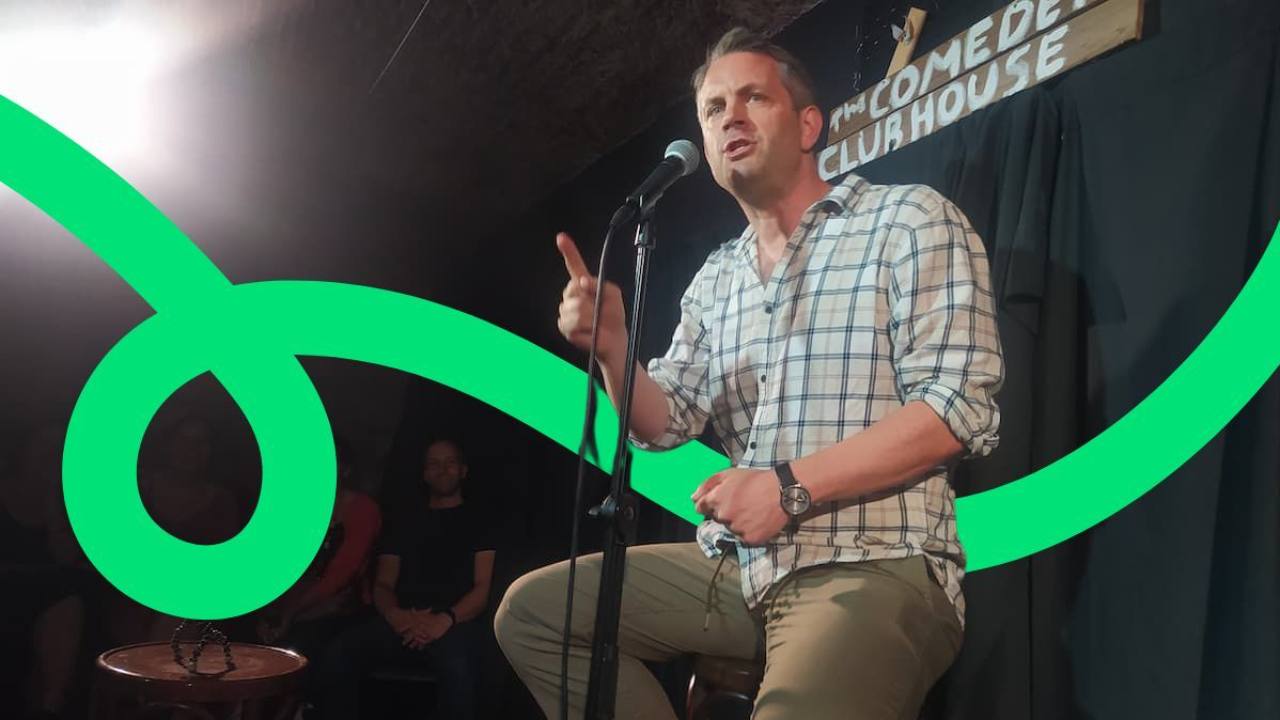
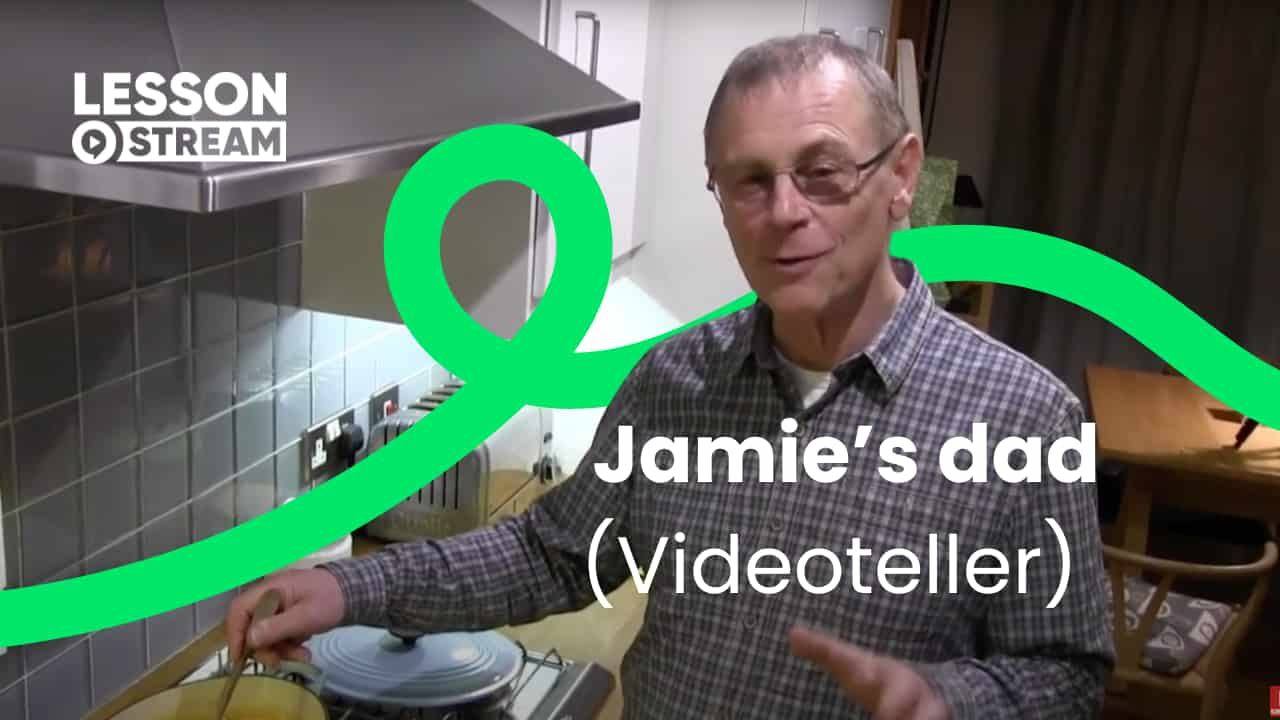
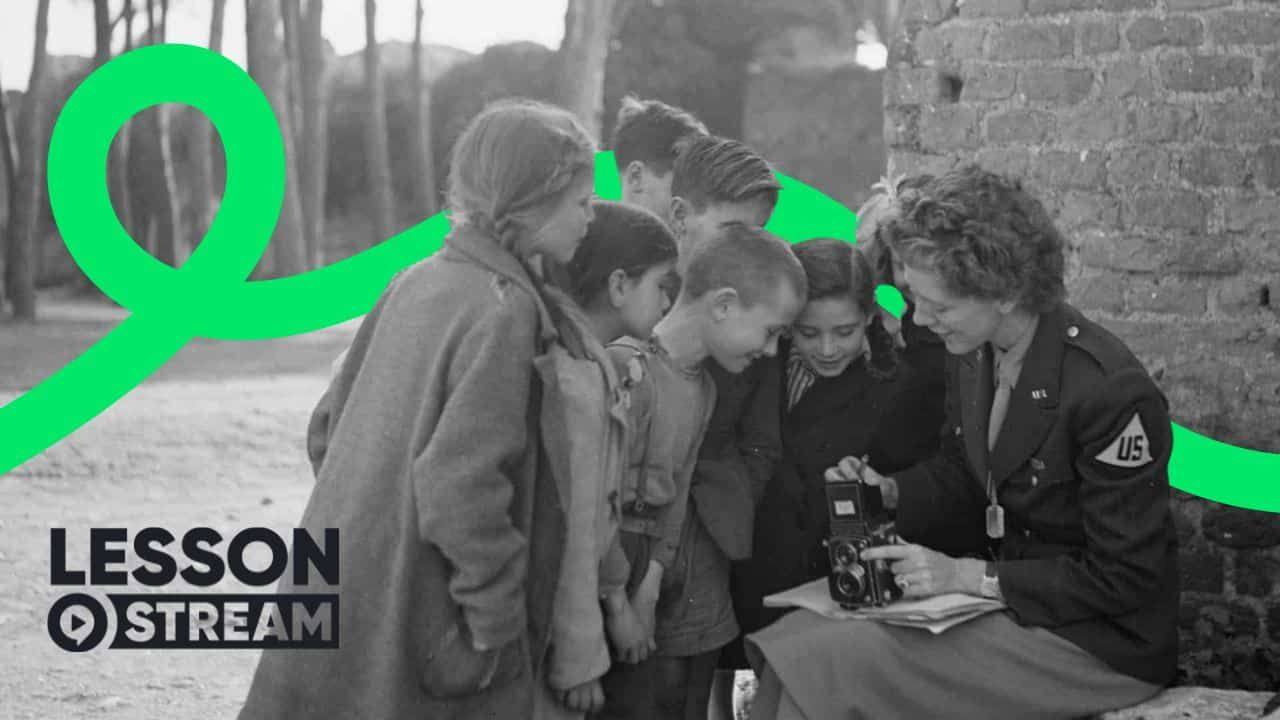
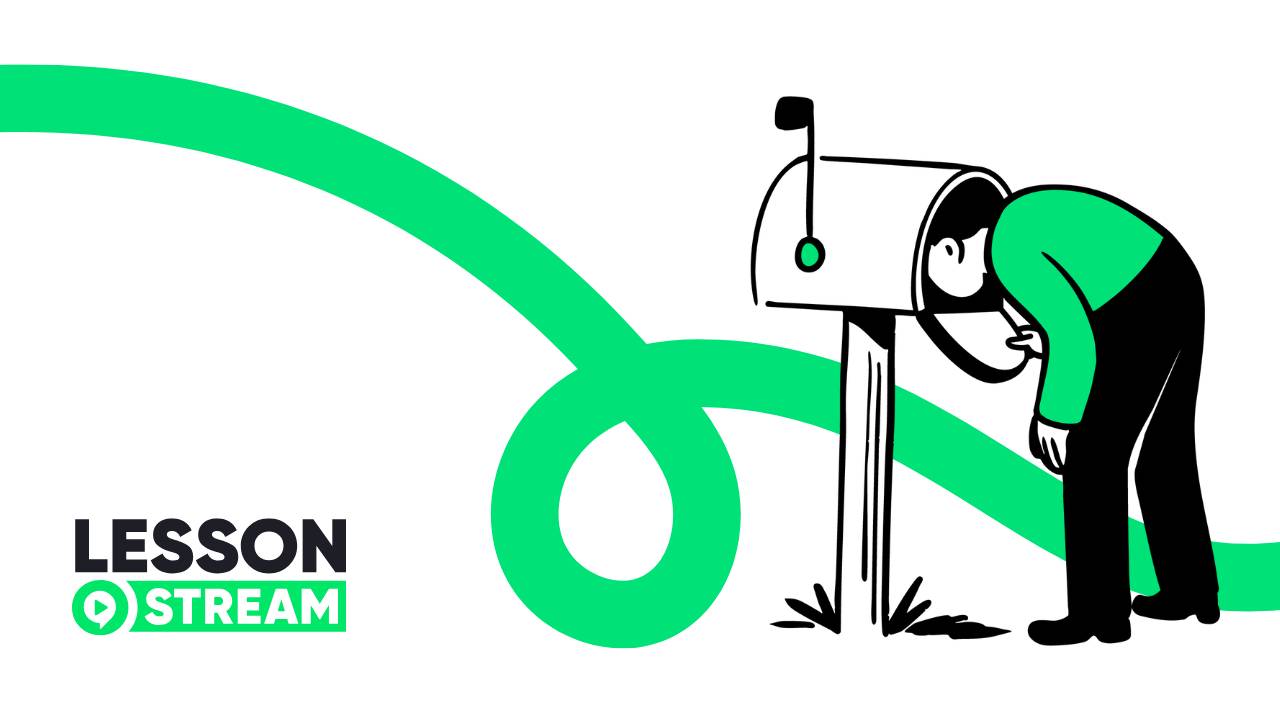

Responses